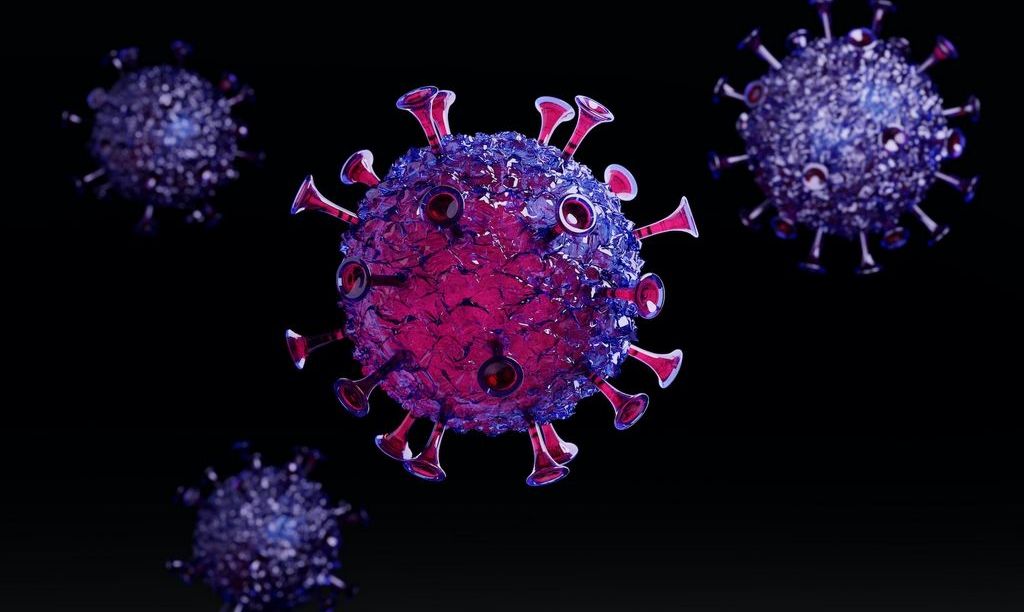- A recent study concludes that people with COVID-19 have an increased risk of developing a new health problem after the initial phase of the underlying infection.
- The study reviewed data from more than 200,000 people who had diagnosed COVID-19.
- While older people are more likely to have poor COVID-19 outcomes, the study suggests that younger people have a higher risk of developing new health conditions.
With worldwide numbers of COVID-19 cases in decline since April, there has been more focus on life after the pandemic. Many researchers are interested in figuring out the long-term effects of a SARS-CoV-2 infection.
A new study, which appears in BMJTrusted Source, examined the elevated risk of developing a new health condition following a SARS-CoV-2 infection.
Since the World Health Organization (WHO) declared that COVID-19 cases constituted a pandemic more than 1 year ago, just over 164 million people have contracted the underlying virus, and 3.4 million people have died as a result.
Many with the infection are asymptomatic, but others have symptoms that can range from mild to severe. The virus has overwhelmed the healthcare systems of some countries, with hospital intensive care units filled beyond capacity due to the number of severely ill COVID-19 patients.
The symptoms of COVID-19 may clear up within a matter of weeks, but they can last much longer. Doctors sometimes refer to this issue as “long COVID” and the people who experience it as “long haulers.”




